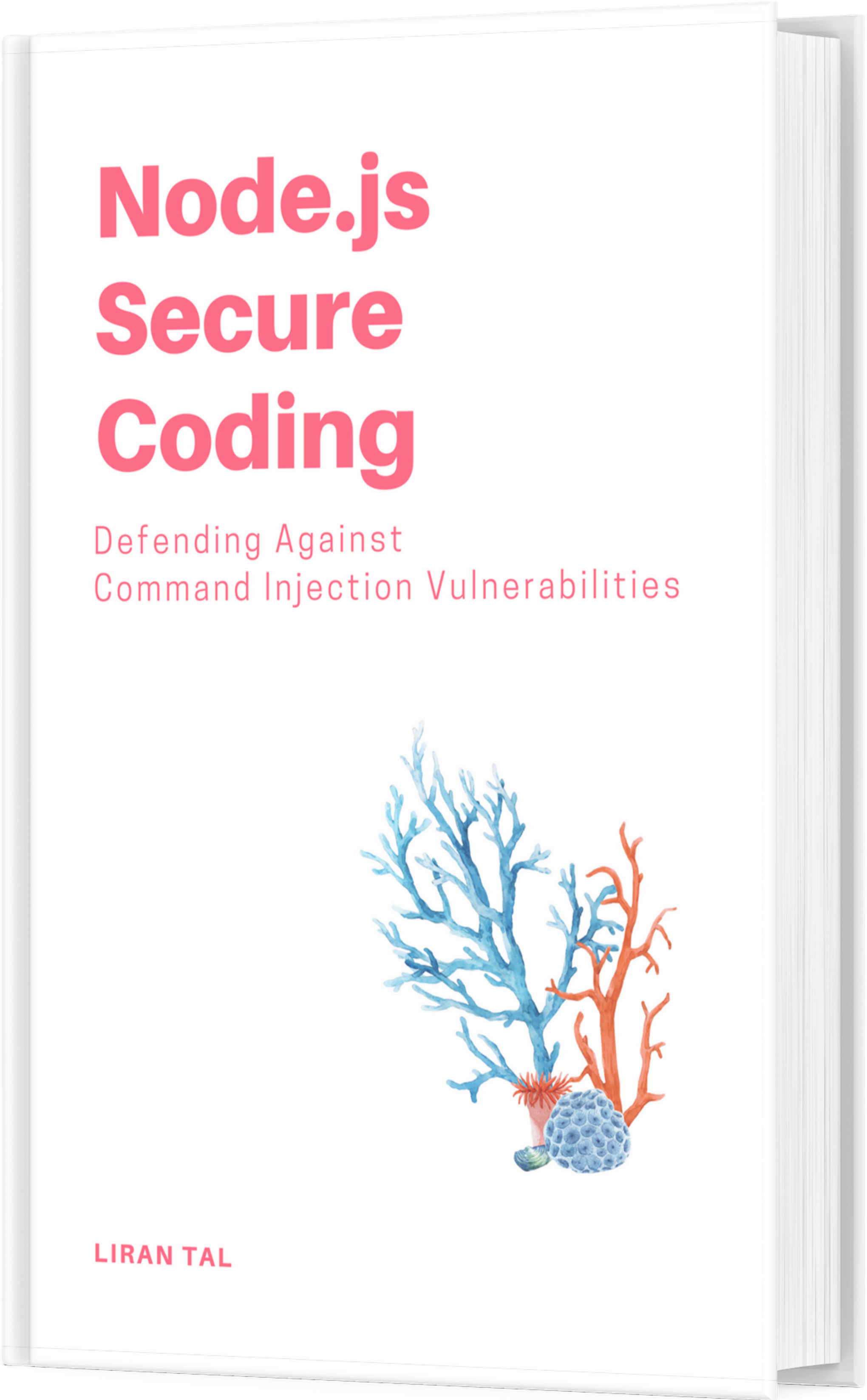~ 6 min read
If You're an MCP Company You're NGMI

Since its announcement in November 2024 by Anthropic, Model Context Protocol (MCP) took several months into 2025 to really hit the trend wave but ever since it has been the talk of the X town (you know, Twitter). I’ve seen many commercial endeavors with high affinity to the MCP domain. Everything from observability, to policies and up to coding and security verticals, founders are jumping on the current AI hype train to capitalize on the momentum for MCPs.
But putting it ALL IN on MCP is a good bet?
My take is “If you’re an MCP company you’re NGMI” (Not Gonna Make It) and I want to unpack that.
It’s MCP time!
If you were startled by the title, then to clarify, I don’t think MCP is a passing trend. I’ve been building my own MCP Servers (Node.js API docs MCP Server), I’ve been curating an Awesome MCP Best Practices and have reported security vulnerabilities in MCP implementations. So, I think it’s safe to say I’m a fan of MCP and I think it is here to stay.
Why is MCP a vector in a good direction? That’s a write-up for another post so let me drill-in to my opinion about the MCP companies.
MCP companies are NGMI
If you’re a company in which the core product offering, the core value and integration point into your customer is MCP, then I firmly believe you’re not gonna make it (NGMI), or at the very least you’ll be facing a lot of headwinds.
How many API-only companies can you think of? I’m not talking about API-first or API-native. I’m talking about companies of which the core offering is an API. One I can think of is Twilio but even Twilio has a lot more going as an actual telecom SaaS platform. Another API-only company I can think of is maybe those geolocation APIs and I don’t recall that these are billion dollar unicorns.
Arguably, and maybe ironically, we can argue that companies like OpenAI and Anthropic could be API-only companies. They own the models, that’s where the real money, yes? We literally already established a few years ago on a token economy that the model is the product. I agree, but those are the exception of the rule, and even then, Anthropic and OpenAI have invested in so much more so that the model isn’t the only moat:
- OpenAI has the front-facing ChatGPT, considered buying the Windsurf IDE, and launched OpenAI Codex.
- Anthropic has Claude Desktop, which is more than just a rich app that uses MCPs and integrations. They have built an entire Artifacts platform around it including their own “Anthropic Connect” authentication and identity platform. Even more so, Anthropic is killing it with Claude Code command-line application for developers.
In contrast to the above, if you are a company building a product in which MCP is a gateway that allows your product to be integrated into agentic workflows, then that’s a whole different story and MCP is a friction free and smooth way to weave yourself into futuristic AI workflows.
Why an MCP company is not enough?
So after I clarified the big difference between MCP being a (valuable) add-on to your product, versus being your total core product and sole offering, let me explain why I think MCP in and of itself is just not enough.
1. MCP is a protocol and protocols evolve
For those of us who have adopted MCP a while ago, we almost forget that MCP in its essence is a protocol. Anthropic built MCP because they seeked a way to standardize on LLMs invoking actions that didn’t require brittle tool configuration that rely on a model or an SDK. Hence MCP was born - a way to communicate between agents and LLMs.
Today it’s MCP. Tomorrow that protocol could be replaced by something else that is more efficient, more secure, or simply better. Google have already unveiled their Agent to Agent (A2A) framework in a way to complement MCPs but also plausibly to gain and own market through leadership for agentic workflows that are more complex.
How ready are you to keep pivoting and adapting your MCP as a core product when the next protocol comes along?
2. MCP has zero stickiness
I remember stickiness being a magic word in the early days of 2010s when social networks were at their peak and have been seeking out ways to keep users on engaged on their platforms. Still is the case today, but for MCPs? not so much.
Think about MCP stickiness in the context of cybersecurity companies. In the world of cyber security, contracts are often signed for a prolonged period of time, such as 3 years. Furthermore, security products are often integrated very heavily into internal systems, infosec operations and they aren’t as easy to just swap out and replace every 6 months.
In contrast? MCP from a consumer perspective is literally a 5 lines JSON definition:
{
"mcpServers": {
"myMCPServer": {
"command": "npx",
"args": ["mcp-server", "--port", "3000"],
}
}
}How do you counter this? Where and how does your moat show-up? You’d have to invest heavily in the systems and engines behind the MCP server in a way that competitors can’t easily reproduce or even come near it. Even more so, you are potentially in never-ending competition with the model itself (the LLM) as those become better and better at inferring data, context, and assume a more autonomous role.
The exception for MCP companies
Let’s ideate some exceptions to the rule here with potential MCP-centric companies that I think would make it. An MCP-centric company that provides auxiliary value around MCPs. Everything that’s beyond the protocol itself. These include: observability, policy enforcement, MCP Gateway, MCP Proxies, building better and rich experiences around debugging, hosting, general UX.
These companies would have to be best of class. They won’t be able to dominate everything, for example, Cloudflare and Vercel were both fast to respond and build MCP frameworks and deployment support to their platforms.
Now imagine you’ve built the best MCP company in the world and then woke up the next morning for whatever next MCP protocol that comes along. What’s your plan? Better have one! ;-)
Goodluck!
